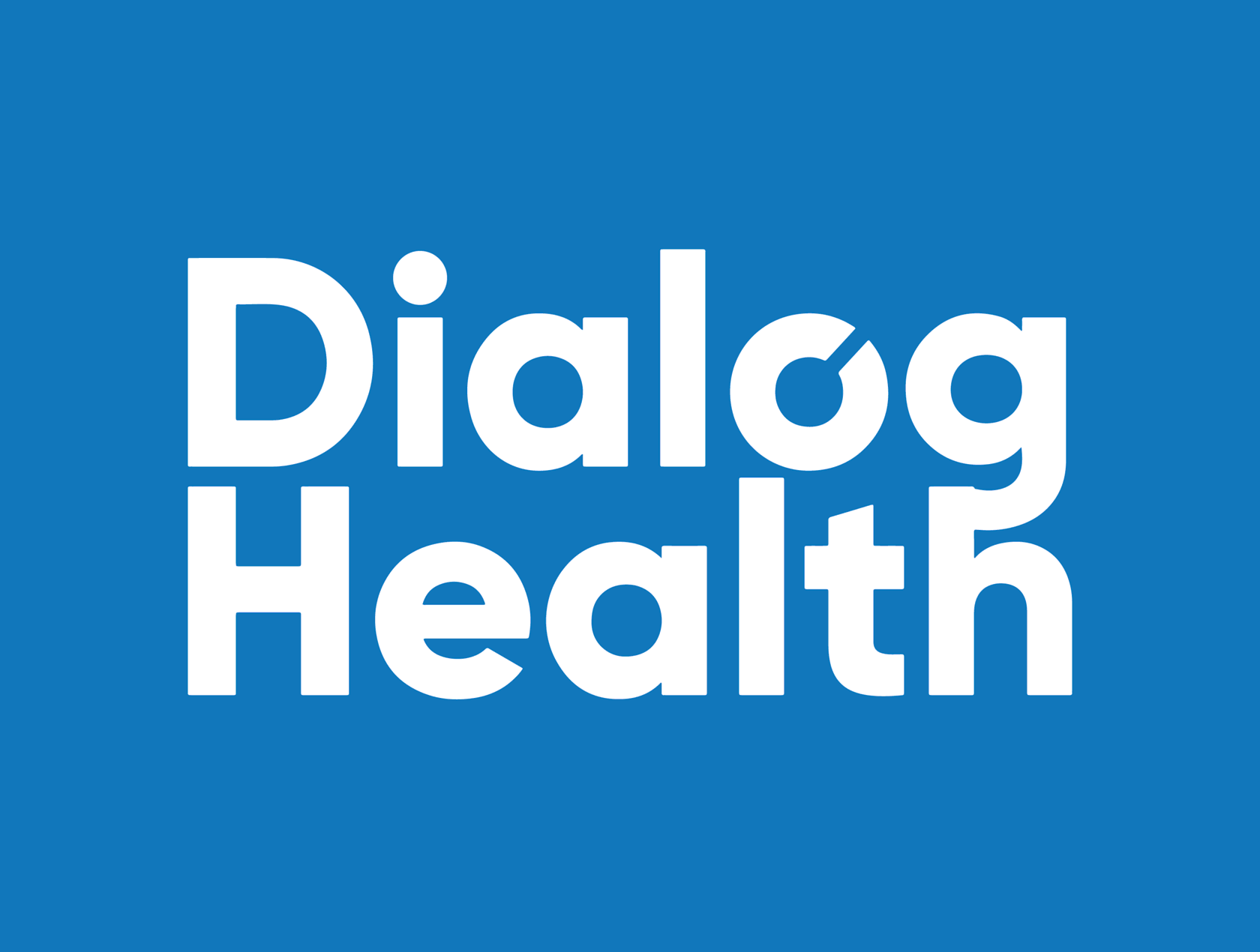- Canada
-
 Disabled Care
Disabled Care - 6 delegates
- October 2019
October 15-18th, 2019, a delegation from the French Federation of Private Not-for-Profit Disability care Facilities (FEHAP ) visited Quebec to find out how care for people with disabilities is organised in the Belle Province.
This group of Directors of French medical and social institutions was filled by this extraordinary training experience, combining knowledge acquisition and rich exchange with their counterparts in Montreal. With the creation of the Integrated Health and Social Services Centers (CISSS) in 2015, Quebec created the framework for a real integration of the care trajectories f or the inhabitants of its territories.
Each of these 23 integrated groups offer all the services required by the population, i.e. for people with disabilities: prevention services, screening, diagnosis, evaluation, treatment, monitoring and support in everyday life, from child psychiatry to housing and social services.
For the CISSS teams, the objective is to formalize the care pathways of the users presenting a given clinical condition or disability, to clarify the role of the various services and healthcare providers involved, to document the entire care pathway and to identify the deadlines encountered. Specifically, for people with disabilities, the Ministry of Health and Social Services has set up a set of rules to restructure the organization: they created single access desks, worked to reduce waiting time thanks to the implementation of a prioritization of requests system (the most urgent situations have to be treated within 48 hours) and precisely sequenced care trajectories.
The French delegates were interested in the momentum created by the creation of this structure and in the efforts made to change professional cultures and create a context allowing the coordination of care. The program of visits had them meet the different levels of management within the system, from the Director in charge of disability in the CIUSSS of the North of the Island of Montreal to the manager of an intensive intervention service for children with intellectual disabilities and / or autism with significant behavioral problems associated at the Miriam Center.
All expressed the challenges of this fundamental reorganization and their efforts to rea lly improve the coordination of care pathways for people with disabilities throughout their lives. The visit of the Gaumont Complex, a home for 25 adults with intellectual disabilities and / or autism with significant associated behavioral problems gave our delegates a concrete vision of the issues related to deinstitutionalization politics.
We concluded that the transition of these users to a more ordinary environment is possible on the condition of a strong investment (up to 1 to 1 user - professional). The funding of monitoring and coordination mechanisms is also essential to support the structures hosting these people with significant needs. This necessary support was also emphasized by the Quebec Council of Adapted Businesses as well as by its members, the AXIA and AFFI companies, which employ workers with disabilities. It is by working together over time that young people and adults with intellectual disabilities and / or autism or physical disability can integrate the society in good conditions.
Each of these 23 integrated groups offer all the services required by the population, i.e. for people with disabilities: prevention services, screening, diagnosis, evaluation, treatment, monitoring and support in everyday life, from child psychiatry to housing and social services.
For the CISSS teams, the objective is to formalize the care pathways of the users presenting a given clinical condition or disability, to clarify the role of the various services and healthcare providers involved, to document the entire care pathway and to identify the deadlines encountered. Specifically, for people with disabilities, the Ministry of Health and Social Services has set up a set of rules to restructure the organization: they created single access desks, worked to reduce waiting time thanks to the implementation of a prioritization of requests system (the most urgent situations have to be treated within 48 hours) and precisely sequenced care trajectories.
The French delegates were interested in the momentum created by the creation of this structure and in the efforts made to change professional cultures and create a context allowing the coordination of care. The program of visits had them meet the different levels of management within the system, from the Director in charge of disability in the CIUSSS of the North of the Island of Montreal to the manager of an intensive intervention service for children with intellectual disabilities and / or autism with significant behavioral problems associated at the Miriam Center.
All expressed the challenges of this fundamental reorganization and their efforts to rea lly improve the coordination of care pathways for people with disabilities throughout their lives. The visit of the Gaumont Complex, a home for 25 adults with intellectual disabilities and / or autism with significant associated behavioral problems gave our delegates a concrete vision of the issues related to deinstitutionalization politics.
We concluded that the transition of these users to a more ordinary environment is possible on the condition of a strong investment (up to 1 to 1 user - professional). The funding of monitoring and coordination mechanisms is also essential to support the structures hosting these people with significant needs. This necessary support was also emphasized by the Quebec Council of Adapted Businesses as well as by its members, the AXIA and AFFI companies, which employ workers with disabilities. It is by working together over time that young people and adults with intellectual disabilities and / or autism or physical disability can integrate the society in good conditions.
Subscribe to our newsletter
Once a month you will learn about our latest tours.
By clicking the button you agree to our Privacy Policy
Photos
Previous study missions

